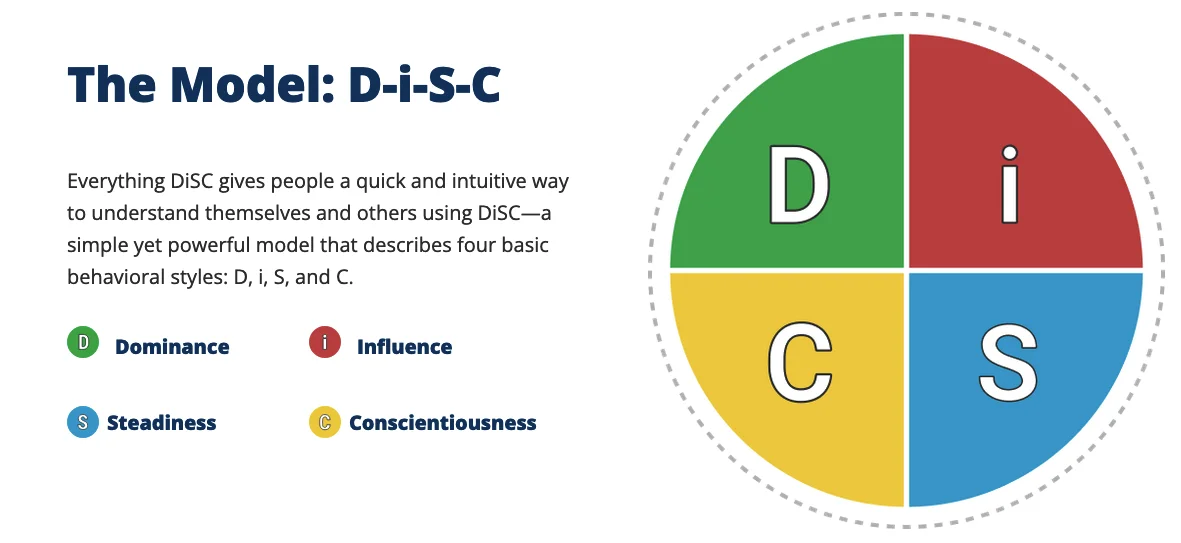Remote and Hybrid working doesn’t affect everyone eqally. Many groups are particularly disadvantaged by it, and they should be specifically considered when leading and managing hybrid and remote teams. Summary by The World of Work Project
Remote working doesn’t affect us all equally
Remote and hybrid working does not affect everyone the same way.
This was made particularly clear here in the UK as Covid lock-downs came into force. In these early months, many more senior and wealthy individuals talked about how much they were personally benefiting from working at home. They mentioned being able to walk their children to school, working in nice quiet spaces, taking time to connect with their family, the ease with which technology made it possible to speak to all their colleagues and the benefits of not needing to commute. All in all, a pretty nice state of affairs.
However, these senior individuals tended to have so many things on their sides that others did not have, and they often took these advantages for granted.
For example, they typically had the following resources that improved their remote and hybrid experiences:
- Equipment and software that worked effectively and to their needs,
- Space in which to work free of distraction,
- The ability to introduce and maintain work boundaries,
- A lack of caring responsibilities at home,
- Power and authority in the workplace,
- Established networks and relationships,
- Significant role related knowledge and expertise,
- Significant organizational awareness and knowledge,
- And so on…
Who is disadvantages by it?
So who is disadvantaged by working in remote and hybrid organizations? Well it is basically all the people do are lacking the resources and advantages held by many leaders as laid out in the paragraphs above. Specific examples, in no particular order, include:
- Early careerists – these individuals typically lack role knowledge and networks, and find it harder to learn and develop in remote roles than in in-person roles.
- New employees – for many of the same reasons as above.
- Lower paid workers – they tend to have less space free of distraction and may be house-sharing etc.
- Carers – anyone with caring responsibilities typically finds it hard to work remotely.
- People who live alone – having in person human contact is great for our mental health and those who lack it at home often find remote working harder.
- Women – women still tend to shoulder a larger burden of home responsibilities than men, meaning they are often disproportionately disadvantaged by remote working
- And others who are lacking the advantages and resources that many leaders have.
So what do we do about this?
The core message is that we need to be aware of people who might be disadvantaged by hubrid or remote working and flex our team or organizational approach to help compensation for these disadvantages. If we do this well, it can improve these colleagues’ experiences and performance, as well as increasing the likelihood that they will stay with our organization.
Examples of simple things we can do to help them include: regularl online networking events, occassional “work ins” in person where they can meet colleagues, sufficient training for their roles, maintaining core-hours policies to help enforce appropriate work boundaries, regular and meaningful 1:1s with managers, and so on.
Learning More
Yu might enjoy this article on some history of agile working this one on some basic agile working practices (sometimes remote and hybrid work was described as agile, before the pandemic).
This piece on BCGs Remote Pyramid (critical success factors for remote teams) might be useful too, as might this provocation on what productive activities actually are.
You can also learn more in one of our podcasts on hybrid and remote working, there’s one below:
The World of Work Project View
It’s very clear that different people are affected in different ways by remote and hybrid working. Some love it, and some don’t. Personality does play a role in this, as can other individual differences. Context also has a huge role to play.
As leaders and managers we need to recognise that managing hybrid and remote teams comes with an extra management overhead. We need to spend more time and effort ensuring that we create an effective and inclusive environment that supports all of our colleagues, especially those who are disadvantaged.
How We Help Organizations
We provide leadership development programmes and consulting services to clients around the world to help them become high performing organizations that are great places to work. We receive great feedback, build meaningful and lasting relationships and provide reduced cost services where price is a barrier.
Learning more about who we are and what we do it easy: To hear from us, please join our mailing list. To ask about how we can help you or your organization, please contact us. To explore topics we care about, listen to our podcast. To attend a free seminar, please check out our eventbrite page.
We’re also considering creating a community for people interested in improving the world of work. If you’d like to be part of it, please contact us.
Sources and Feedback
This is based on podcast conversations we’ve had. If you think there are further specific references we should include, please let us know and we will.
We’re a small organization who know we make mistakes and want to improve them. Please contact us with any feedback you have on this post. We’ll usually reply within 72 hours.






